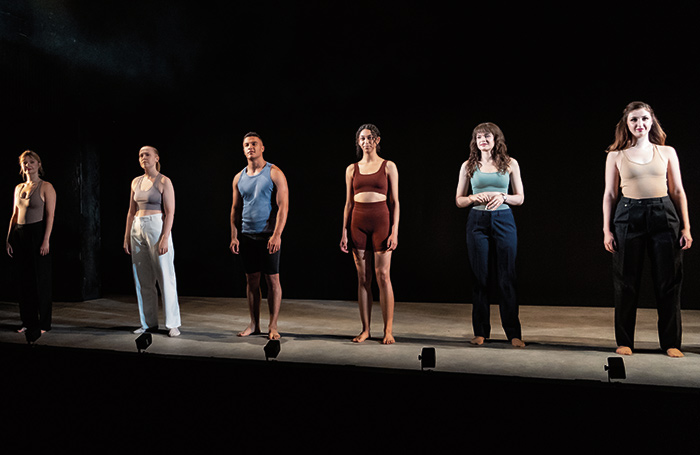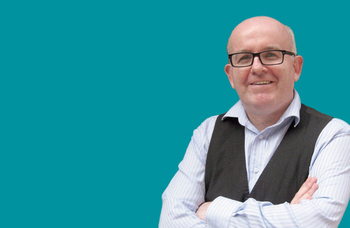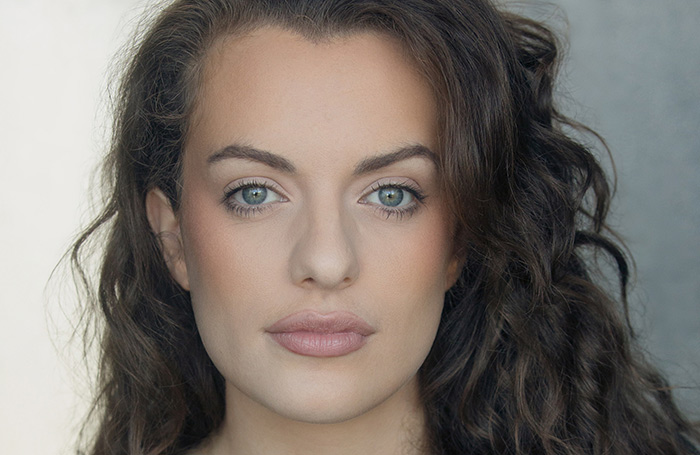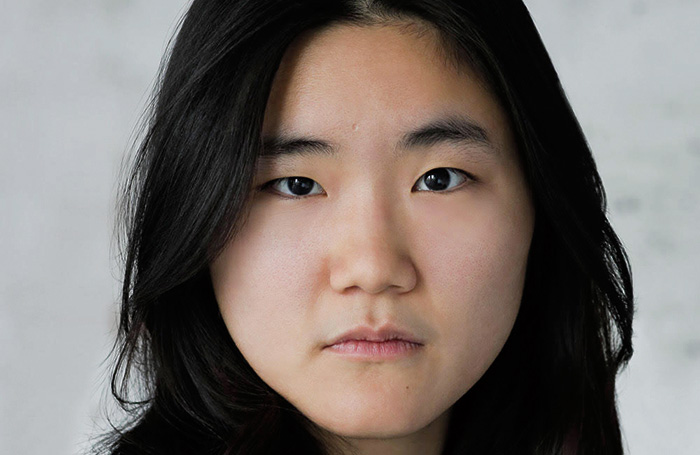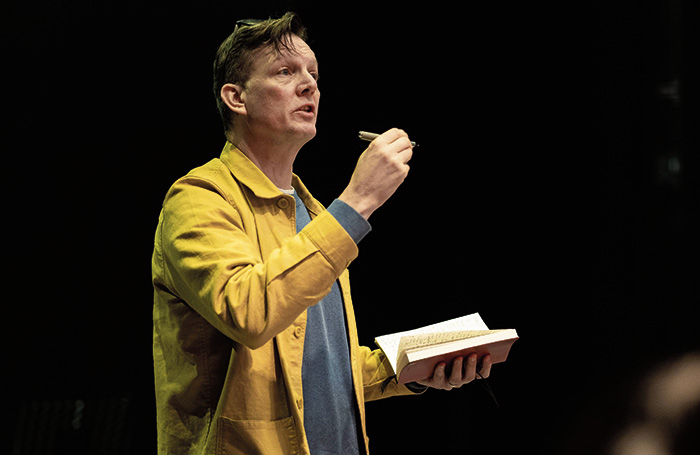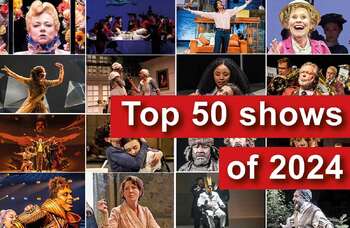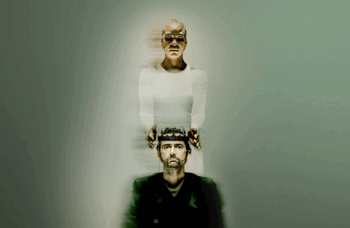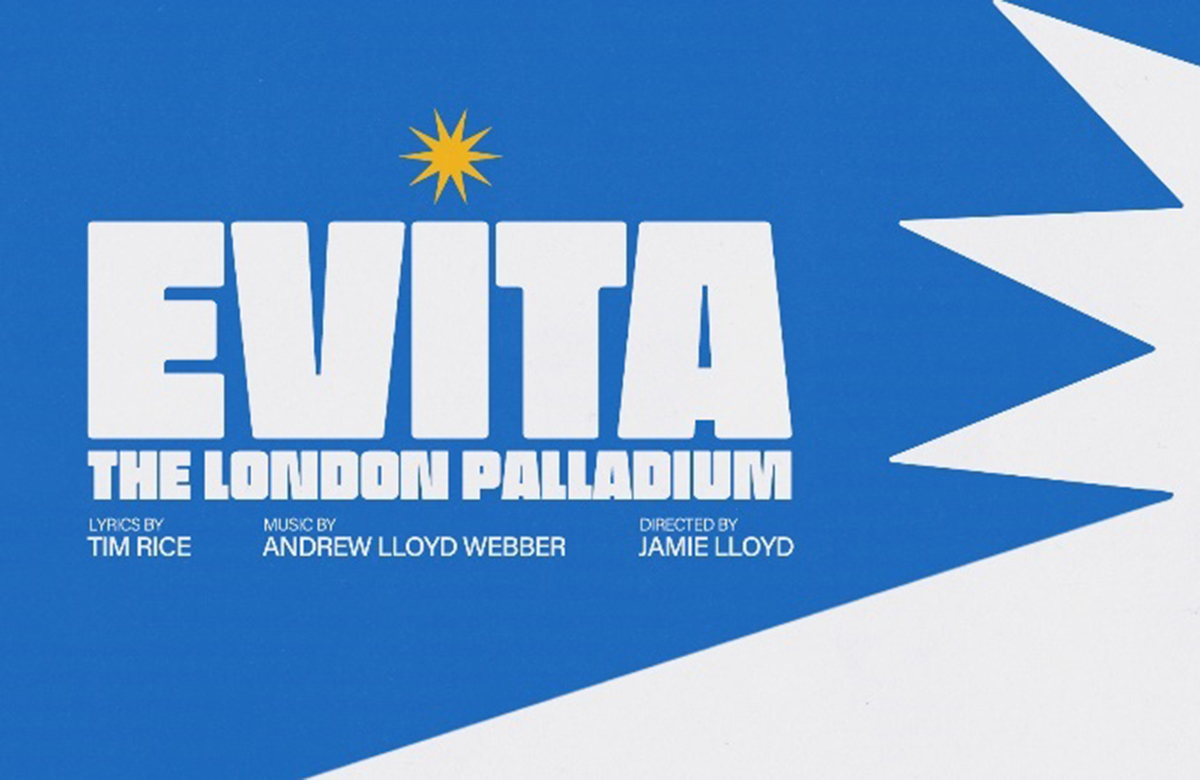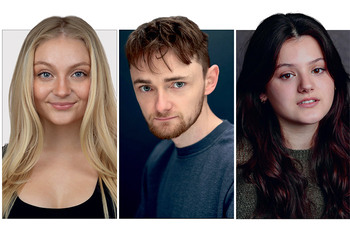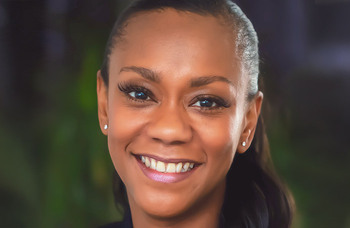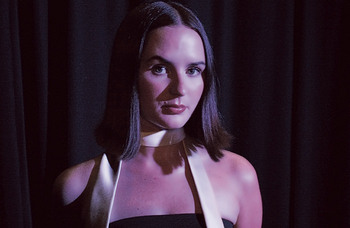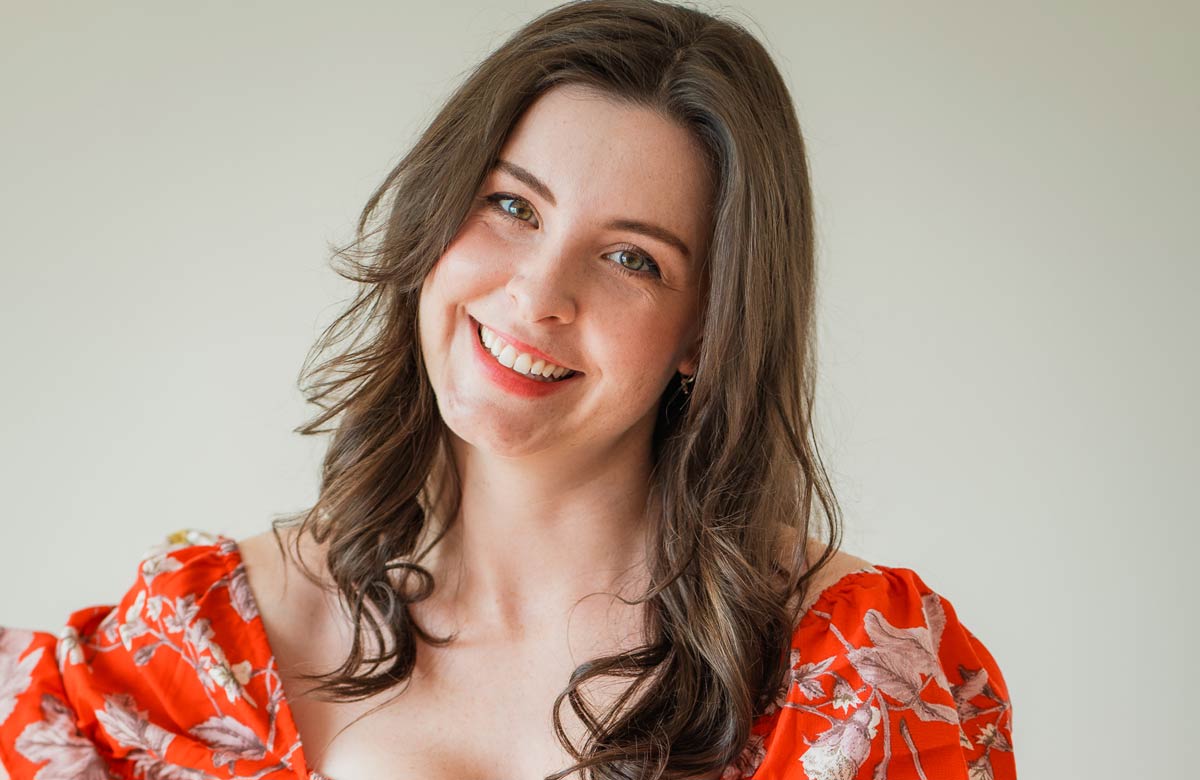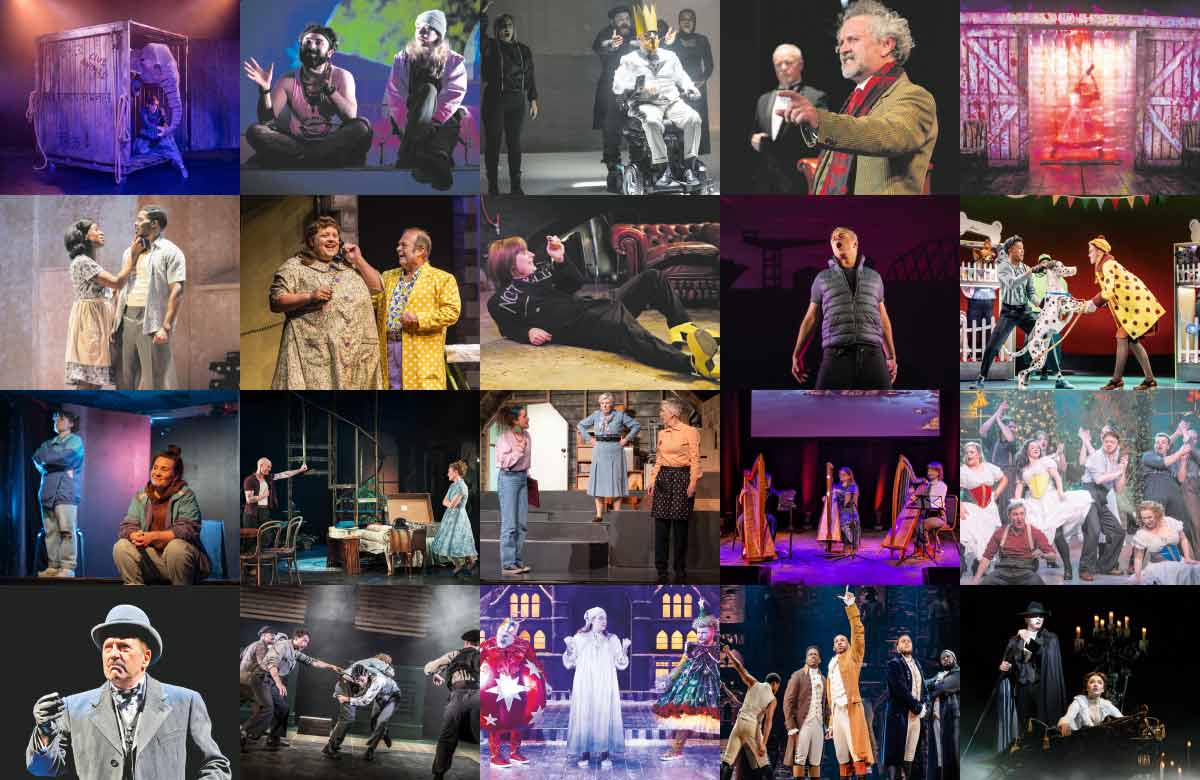How to get the best out of your postgraduate drama course
Taking a master’s or other intensive postgraduate training can be a huge commitment. Course leaders talk to John Byrne about how to find the right degree and prepare for it to get the most from your investment
There are many reasons why actors, with or without previous training, might decide to pursue a master’s degree, but one factor remains a constant: courses are typically shorter and more intense than for a BA (hons). Providers and graduates alike agree that getting the best from the experience requires a combination of research, planning and self-reflection.
Actor Nicky Bellas discovered this, having embarked on a master’s to focus on the screen skills that had not been covered at university. “Coming from an acting degree, I was more prepared than some, but the courses can be very full on,” she says. “Mine was 8:30-18:30, five days a week. Trying to fit in rehearsals, learning lines and working around that can be tough. It is definitely worth looking up MA course timetables to see if it’s something you can commit to.”
Being clear on your goals – and on how each course you are considering proposes to help you reach them – is a key first step advocated by course leaders.
“Postgraduate training is a huge commitment of time, money and energy,” says Erin Carter, head of the school of drama at Leeds Conservatoire. “It is important to do your homework and not compromise on what you want to achieve. If you want a transformational shift in your skills, you will want something high contact. If you want to focus on an area of research, you will need those skills and, potentially, placement modules. To build a network or community, you will need an institution that prioritises those things.”
Given the variety of course aims and outcomes, thorough investigation of programmes, modules, syllabuses, facilities and staff is recommended by Matt Wilde, LAMDA’s course leader on the MFA Professional Acting course. “Search on websites and attend open days, whether in-person or digitally. Try to speak to practitioners from the course, as well as current and graduated students for further personal insights. Explore what the outcomes have been. What did they do next? What career path did they pursue? What work did they get?”
Making sure students and courses are the right fit is a priority shared by both institutions and applicants. Scott Bellamy, deputy director of engagement and enterprise at the Royal Central School of Speech and Drama, notes that the application process can be more fluid than at undergraduate level, and advises students to fully understand the audition or interview requirements ahead of applying.
Continues...
“It is important to apply only when you are fully ready, as the time between applying and undertaking an audition or interview can vary depending on the institution,” he says. “Make sure that your personal statement provides a good insight into your previous experience and creative potential – we want to know about your journey to this point and why this particular course is right for you.”
Merryn Owen, joint head of postgraduate training at Mountview, also encourages applicants to be clear about each school’s audition requirements and to choose material they can individually relate to, and that excites them. “Remember that you aren’t just auditioning for the role – we want to see you.”
Postgraduate students come from a wide variety of backgrounds, ranging from those with previous drama training to applicants whose industry experience has been mainly gained on the job or who are graduates of non-theatre-related courses. Students experiencing structured drama training for the first time can find that adjustment is required. Actor and BA (hons) in English graduate Jia-Yu Lee embarked on her master’s to gain industry knowledge and also a qualification to enable her to work as an acting teacher. She found that she was on a learning curve: “It’s challenging being graded for acting. I found myself being self-conscious about it. I came to realise that there are things I can control, such as doing the homework and training consistently, but how others perceive my acting and what score my professors give me are out of my control. So I learned to let go of that and just do the work.”
Continues...
The diversity of student backgrounds and levels of previous drama training experience coupled with the practical and academic requirements of MA training make adaptability and flexibility essential to success for learners and staff alike.
“Our teachers are experienced at taking a group of students from a wide range of backgrounds through the work together,” says Owen. “Mainly, we discourage students from thinking of the work in a binary way – research, critical thinking and a well-developed understanding of social, cultural and political contexts are essential for an effective artistic practice. Theory is introduced and explored alongside the practical implications and applications.”
One area where creativity and practicality is needed for many prospective postgraduate students is the thorny subject of funding. “There may be fewer funding, grant and scholarship opportunities for postgraduate students,” acknowledges Wilde, “but there are some options out there. Ask your prospective institution for their advice and if they have a list of recommended bodies to approach. Reaching out to family and friends can also help. Remember to be transparent and honest with what you need and how you aim to use the funds to support your training. Setting up a plan of action can go a long way to ensuring you are best-prepared to manage your fundraising journey.”
Continues...
The ultimate gauge of how successful postgraduate training has been comes once the course has been completed. “The deeper investment in my training allowed me to sample more techniques and ways of thinking that I hadn’t come across before,” says Bellas. “Most importantly, I grew my network of creatives and we have since produced various plays and performed them.”
Lee reports that she and her fellow course members are currently working on taking their final MA production to Off-West End venues. She also credits postgraduate training with making her fall in love with the Meisner technique: “In fact, I decided to continue my training in Meisner after graduation.”
“Postgraduate study is the luxurious gift of time”, says Carter at Leeds, “one that you chose to give to yourself, which is the most empowering act. It deepens your practice, your understanding of self, reignites passions and propels you forward in your subject specialism. It is designed to be student-led so you can decide what you want from it. Go slow, make learning rich and meaningful and ensure you leave with confidence in your chosen subject.”
Course details: leedsconservatoire.ac.uk; lamda.ac.uk; cssd.ac.uk; mountview.org.uk
Opinion
Recommended for you
Advice
Recommended for you
Most Read
Across The Stage this weekYour subscription helps ensure our journalism can continue
Invest in The Stage today with a subscription starting at just £5.99
 John Byrne
John Byrne